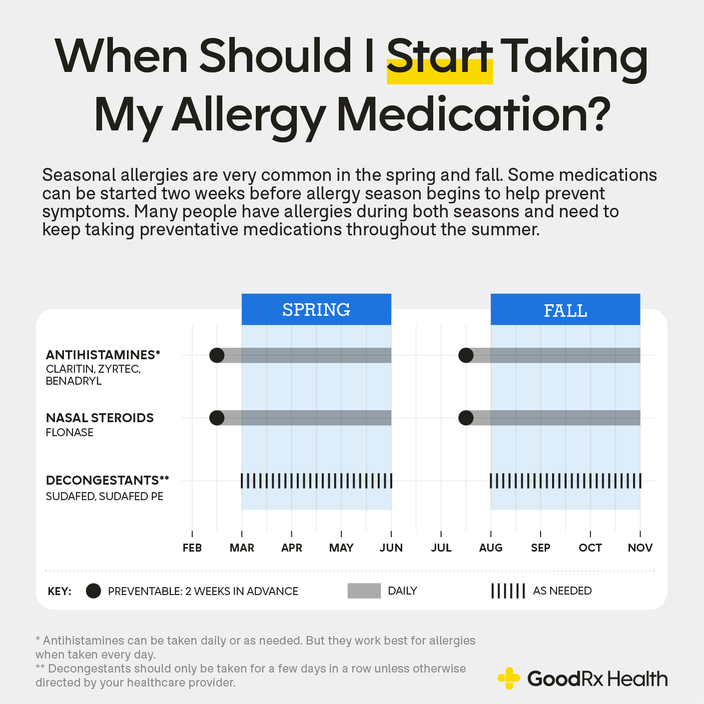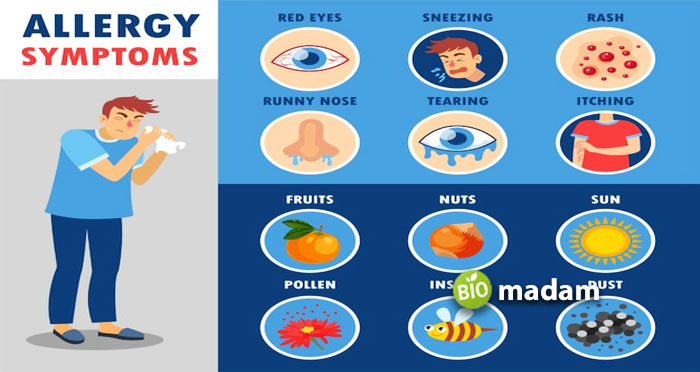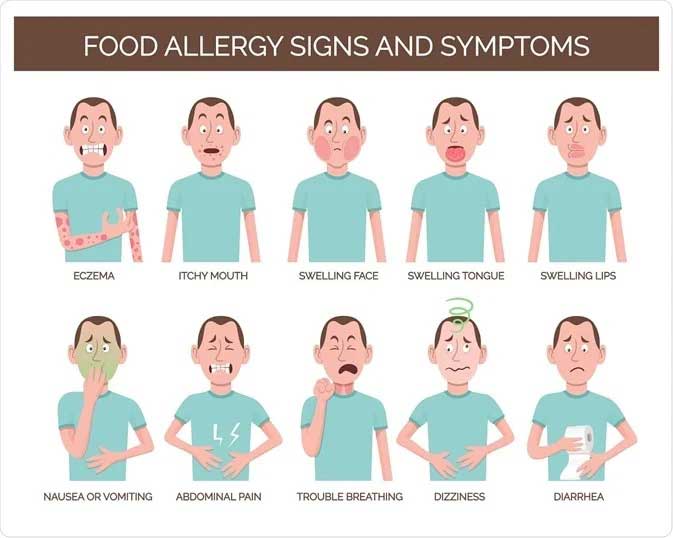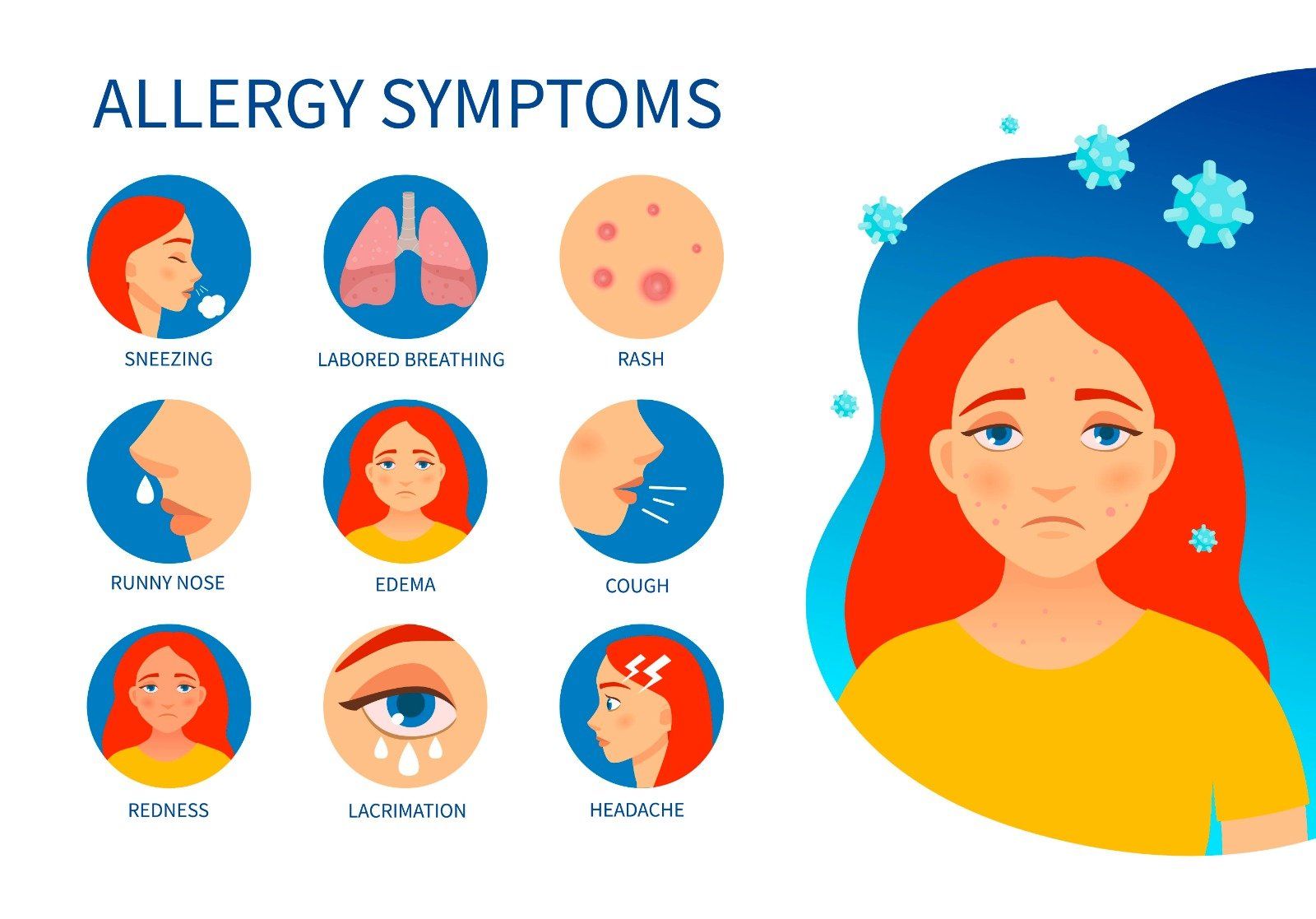How Long Does It Take To Become An Allergist

Imagine a crisp spring morning, the air alive with the promise of blooming flowers. But instead of joy, you're met with a torrent of sneezes, itchy eyes, and a relentless cough. For millions, this isn't a seasonal delight but a seasonal struggle. That's where allergists step in, the detectives of the immune system, unraveling the mysteries behind allergic reactions and helping people breathe easier.
Becoming an allergist isn't a sprint; it's a marathon of rigorous training and dedicated study. This journey requires years of commitment, a deep understanding of immunology, and a genuine desire to improve the quality of life for those suffering from allergies and immunological disorders. It’s a path marked by intense learning, hands-on experience, and the unwavering pursuit of expertise.
The Educational Foundation: Pre-Med and Medical School
The first leg of this journey begins with undergraduate studies. Aspiring allergists typically pursue a pre-med track, majoring in biology, chemistry, or a related science field. This foundational period is crucial for building a solid understanding of the scientific principles that underpin medicine.
After completing a bachelor's degree, the next step is gaining admission to medical school. Medical school is a demanding four-year program, divided into two years of classroom learning and two years of clinical rotations. The first two years are focused on learning basic medical sciences, such as anatomy, physiology, pharmacology, and pathology.
The final two years involve rotations through various medical specialties, including internal medicine, pediatrics, surgery, and family medicine. During these rotations, students gain hands-on experience working with patients under the supervision of experienced physicians.
Residency: Building a Broad Medical Base
After medical school, graduates must complete a residency program. To become an allergist, the standard pathway involves completing a residency in either internal medicine or pediatrics. These residencies typically last three years.
Internal medicine residencies focus on the diagnosis and treatment of diseases in adults, while pediatrics residencies focus on the care of infants, children, and adolescents. These residencies provide a broad foundation in general medicine, which is essential for understanding the complexities of allergic and immunologic diseases.
During residency, doctors gain experience managing a wide range of medical conditions, developing critical thinking skills, and learning to work effectively as part of a healthcare team. It's a period of intense learning and personal growth, shaping them into competent and compassionate physicians.
Fellowship: Specializing in Allergy and Immunology
The final, and most specialized, stage of training is a fellowship in Allergy and Immunology. This fellowship typically lasts two years. It is during this fellowship that physicians delve deeply into the intricacies of the immune system and the diagnosis and management of allergic and immunologic disorders.
Fellows learn to perform and interpret allergy tests, such as skin prick tests and blood tests, and they gain experience in managing a wide range of allergic conditions, including asthma, allergic rhinitis (hay fever), eczema, food allergies, and drug allergies. They also learn about immunodeficiency disorders and autoimmune diseases.
Fellowship programs involve a combination of clinical training, research, and didactic lectures. Fellows work closely with experienced allergists and immunologists, gaining hands-on experience in treating patients with complex allergic and immunologic problems.
Certification: Demonstrating Expertise
After completing a fellowship, physicians are eligible to sit for the certification exam administered by the American Board of Allergy and Immunology (ABAI). Passing this exam signifies that the physician has met the rigorous standards of knowledge, skills, and experience required to practice allergy and immunology.
Board certification is a voluntary process, but it is widely recognized as a mark of excellence. Many hospitals and healthcare organizations require their allergists to be board certified, and patients often prefer to seek care from board-certified physicians.
Maintaining board certification requires ongoing continuing medical education and periodic re-certification exams, ensuring that allergists stay up-to-date with the latest advances in the field.
The Time Commitment: A Breakdown
So, how long does it take to become an allergist? Let's break it down:
- Undergraduate studies: 4 years
- Medical school: 4 years
- Residency (internal medicine or pediatrics): 3 years
- Fellowship (allergy and immunology): 2 years
Therefore, the total time commitment is typically 13 years after high school. This does not include the time spent studying for board exams or engaging in continuing medical education.
The Rewards: Making a Difference
While the path to becoming an allergist is long and demanding, it is also incredibly rewarding. Allergists have the opportunity to make a real difference in the lives of their patients, helping them to manage their allergies and immunologic disorders and improve their quality of life.
They help children with severe food allergies navigate school safely, allowing them to participate fully in childhood activities. They help adults with asthma breathe easier and exercise without fear. They help people with eczema find relief from chronic itching and skin irritation.
Beyond direct patient care, many allergists also engage in research, contributing to our understanding of allergic and immunologic diseases and developing new and better treatments.
"The field of allergy and immunology is constantly evolving," says Dr. Sarah Chen, a board-certified allergist in private practice. "There's always something new to learn, and I find it incredibly stimulating to be on the cutting edge of medical knowledge."
The Future of Allergy and Immunology
The field of allergy and immunology is dynamic and constantly evolving. New research is continually shedding light on the complex mechanisms underlying allergic and immunologic diseases, leading to the development of new and more effective treatments. Areas such as precision medicine and biologic therapies are revolutionizing the way allergists approach patient care.
The demand for allergists is expected to grow in the coming years, driven by the increasing prevalence of allergic diseases worldwide. Factors such as environmental changes, dietary habits, and increased awareness of allergies are contributing to this trend.
This growing demand creates exciting opportunities for aspiring allergists to build fulfilling and impactful careers. As the population ages, the need for specialists to manage complex immunologic conditions will also increase, further solidifying the importance of this field.
Conclusion: A Journey Worth Taking
The journey to becoming an allergist is undoubtedly long and arduous, demanding years of dedication, hard work, and intellectual rigor. However, for those with a passion for science, a desire to help others, and a fascination with the intricacies of the immune system, it is a journey well worth taking.
The ability to alleviate suffering, improve quality of life, and contribute to the advancement of medical knowledge makes a career in allergy and immunology exceptionally rewarding. It’s a chance to be a detective of the immune system, unraveling complex mysteries and providing much-needed relief to those struggling with allergies and immunologic disorders.
So, if you're considering a career in medicine and have a particular interest in allergies and immunology, take heart. The path may be long, but the rewards are immeasurable. The world needs compassionate and skilled allergists to help people breathe easier and live healthier lives. The journey starts with a single step, and the future is bright for those who choose to embark on this remarkable path.















:max_bytes(150000):strip_icc()/allergy-shots-82681-ADD-FINAL-V2-cbee049b6d0e46c2bfc22187f929decc.jpg)

:max_bytes(150000):strip_icc()/allergy-cough-5204689-Final-02d36dc7d6f742fab4cb905c0dbe2afc.jpg)
